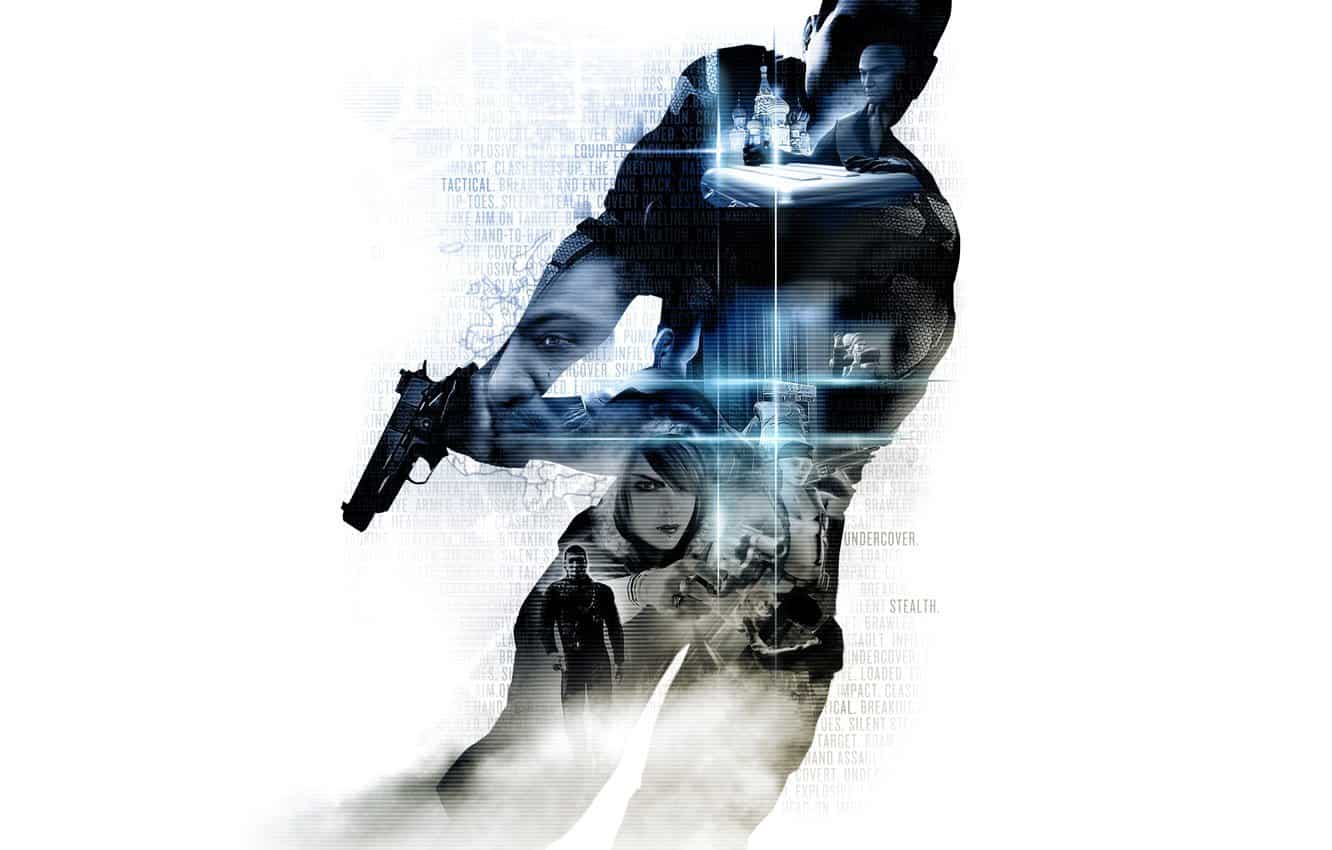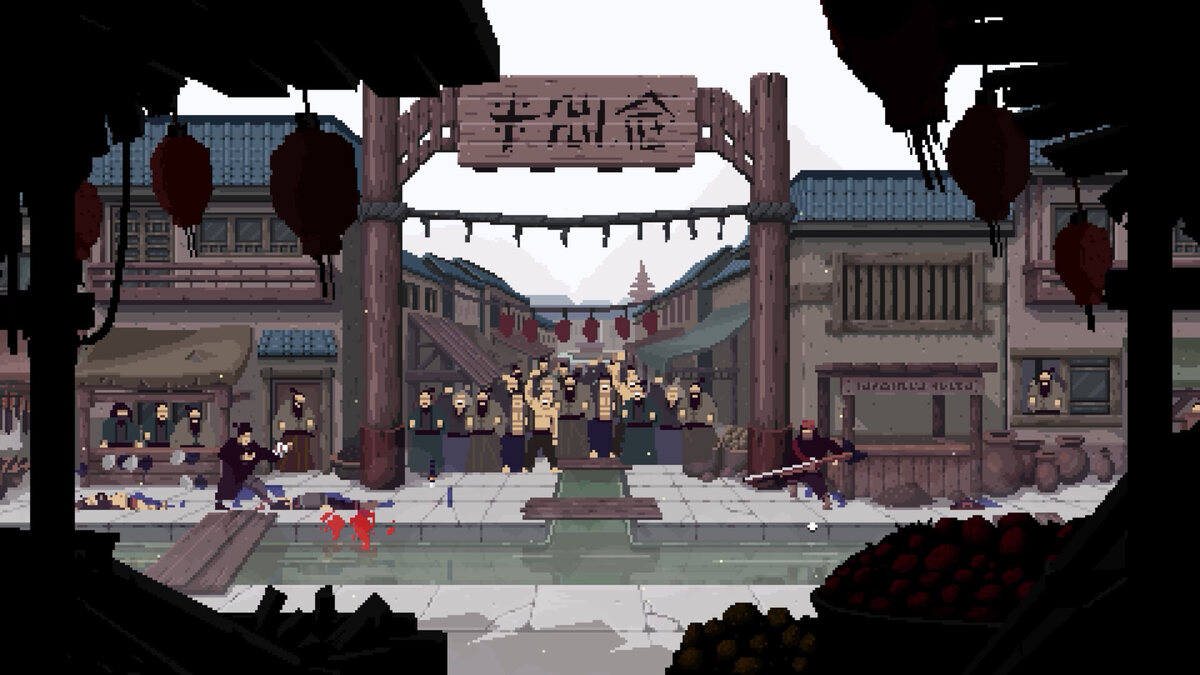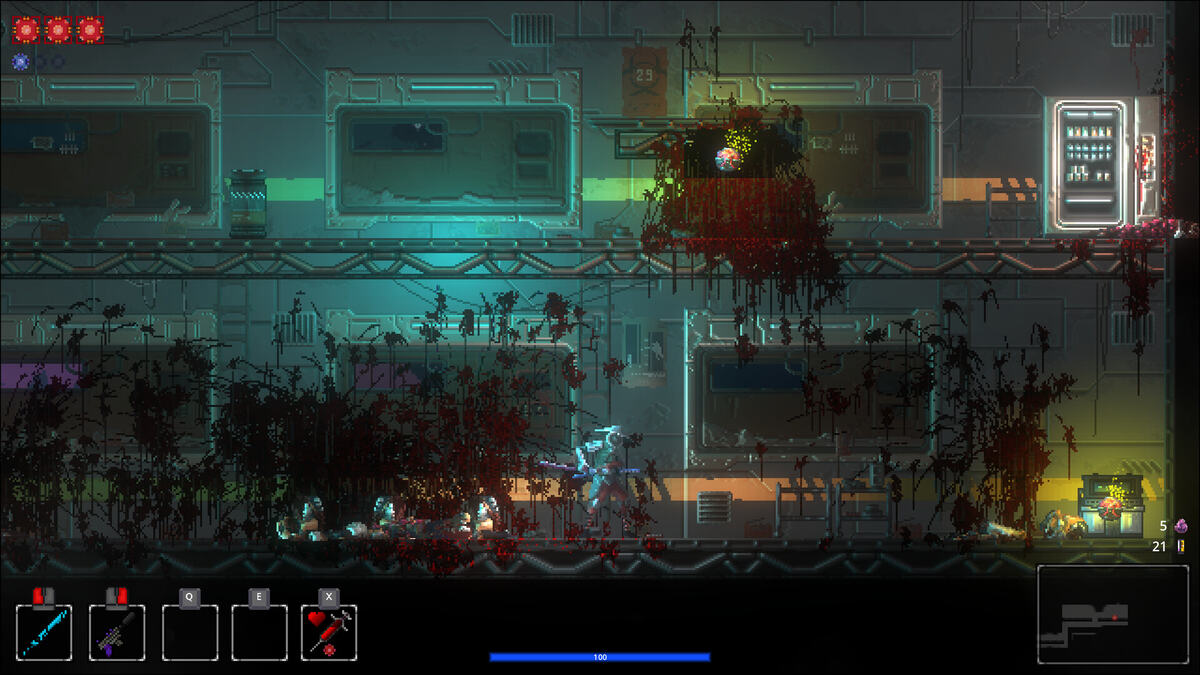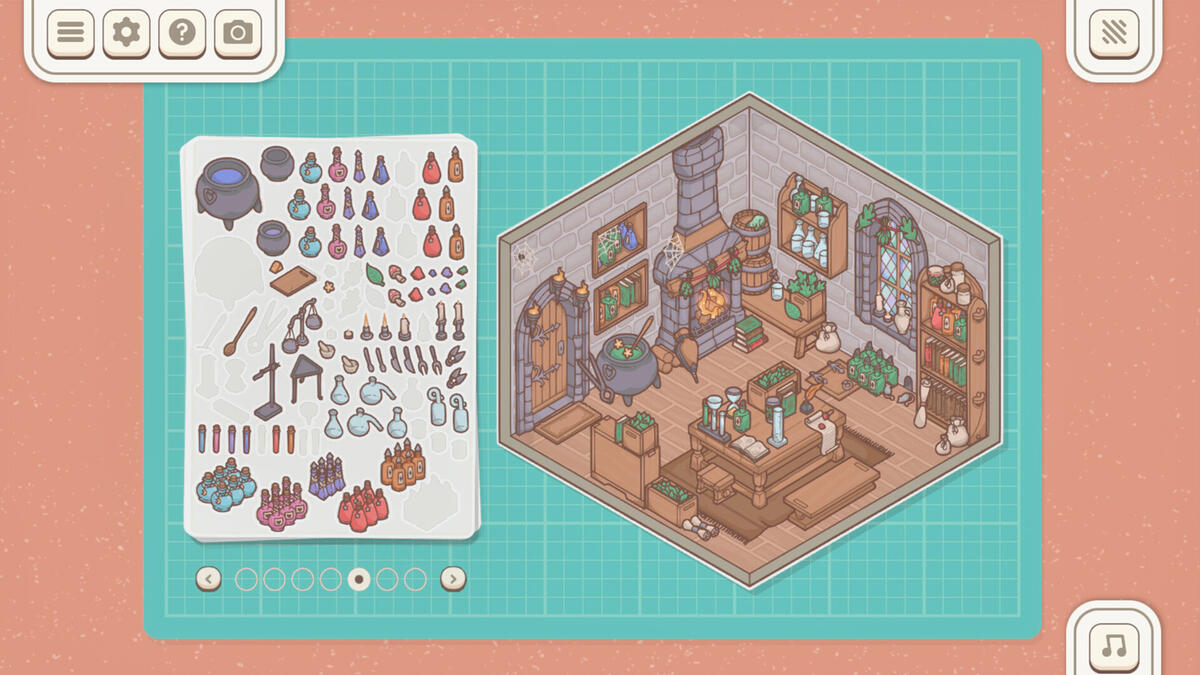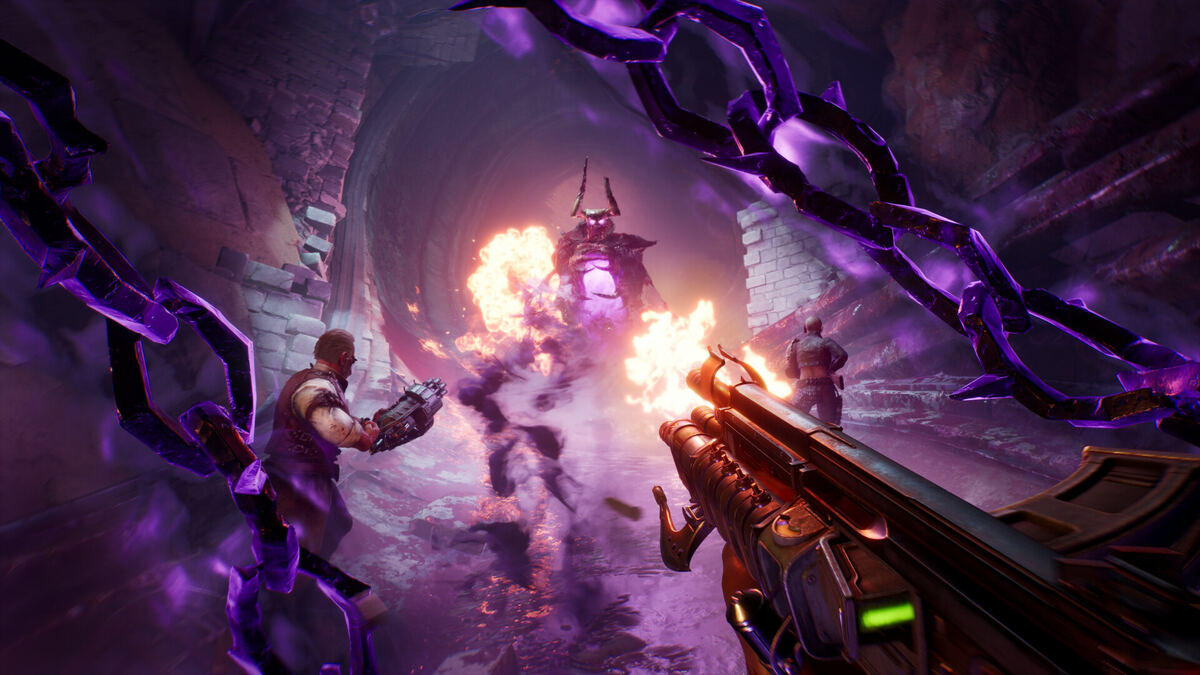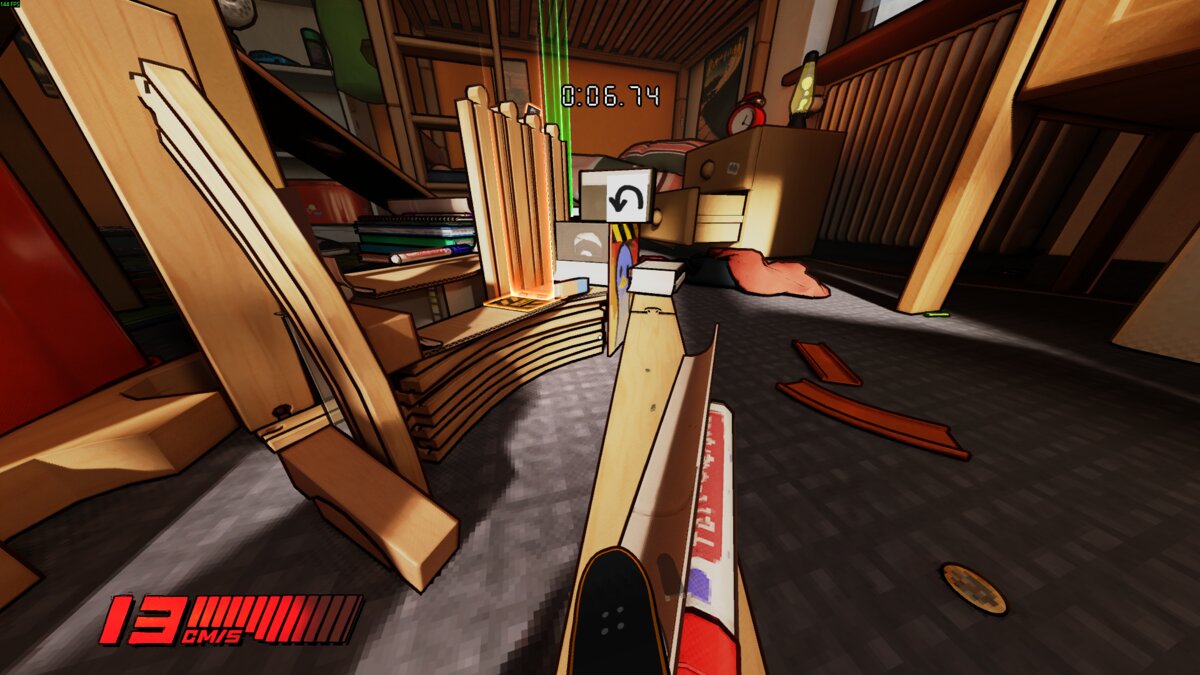You can trust VideoGamer. Our team of gaming experts spend hours testing and reviewing the latest games, to ensure you're reading the most comprehensive guide possible. Rest assured, all imagery and advice is unique and original. Check out how we test and review games here
In Alpha Protocol, the upcoming Bourne-inspired RPG/shooter from Knights of the Old Republic 2 developer Obsidian, you’re able to reply to emails in three different ways: brief, cordial or snarky. Our handler Mina Tang has asked us for a password to access a server. We choose the snarky option, and have a gander at the email the game’s main man, Michael Thorton, has written. The password is “M1LFLuv3r”. We hit send. -1 reputation.
Alpha Protocol, “the espionage RGP”, will be full of moments like these. Fleeting diversions designed to make you smile. It’s a serious game, dealing with worldwide conspiracies and containing plenty of swearing and the murdering of many a goon, but it displays a sense of humour that shows Obsidian isn’t afraid to have fun.
Although the word you’re most likely to remember from that opening paragraph is “M1LFLuv3r”, the most important one is “-1 reputation”. It seems that reputation is affected by almost every action Mike takes during this hour long private demonstration programming producer Nathan Davis is putting on. More than any RPG in recent memory, Alpha Protocol seems to have cause and effect nailed. This is not an understatement.
Examples. Mike arrives in Dimitri’s Bar in Moscow. It’s around about the middle of the game, at the beginning of the Moscow operation, one of three main operations that become available to tackle in any order once the first operation, in Saudi Arabia, is finished. He’s trying to track down a missile shipment before it gets into the wrong hands. His informant, Grigori, is sitting at the bar drinking and smoking. Mike’s going to be nice.
Three main dialogue stances, aggressive, suave and professional, present themselves at the bottom of the screen, all tied to face buttons. A countdown bar quickly evaporates – you only have a couple of seconds to pick what approach you’re going to take with each line of dialogue. As in Mass Effect, you don’t know exactly what you’re going to say – the text you’ve selected only gives an idea of what’s going to be said. Mike and Grigori chat – words flow quickly and smoothly – the countdown ensuring there are no awkward pauses during exchanges, as in so many video games. Perks are acquired as you make nice. Dossiers are unlocked as you gain intel. Grigori tells you to seek out Sergie Serkov, a man who runs several businesses in Moscow. He may know who shady faction Halbech is dealing with. Mina, who talks to you via an earpiece, runs checks as you chat.
Because you’re best buds, Grigori gives you a side mission – he wants you to divert a shipment of naughty toys to him while on the next mission. You agree. Grigori is now someone you can buy weapons and armour from. Not only that, but because he likes you, he’s giving you a ten per cent discount on armour. “I appreciate you not being an asshole when talking to me,” he says. Lovely chap.
A results screen pops up – it will every time you finish a mission, and some missions are dialogue only. A debriefing of sorts, the results screen contains text on how the mission went, and what the likely ramifications of it are. Nathan then restarts the game and replays the Grigori dialogue mission. This time, he’s going to be an asshole, just for fun. You slam Grigori’s head into the bar, demanding information. You smash a bottle on his skull. “Halbech are smuggling weapons into Moscow. Who’s their contact here?” Grigori, terrified, spits out the name Serkov. A perk is acquired in among the minus reputation points – “Enough chit-chat”. Grigori gives you a five per cent discount on weapons because, you know, you’ve scared the living daylights out of him. Mina doesn’t like your approach either. -1 reputation.
What’s the point in all this reputation lark then? Does it really affect the game in any meaningful way? The answer is yes. This time the results screen tells us Grigori’s so frightened that he may alert the local government to Mike’s presence. This, Nathan says, sounds bad for us, but could be good in the long run. Interesting.
Obsidian’s goal is to have the game world react to every action and choice. We’ve seen that in many games. The difference here though is that the consequences of your actions won’t be obvious. Even when you’re a git, it might benefit you. Even when you’re a saint, it might blow up in your face. There is no light or dark side. There is no good or bad karma. There are only reactions, many of which become won’t become obvious until later in the game. Often it’s to your benefit to be aligned against factions and NPCs, pissing them off as much as you can. “We don’t make a habit of punishing the player for playing the game the way they’d like,” Nathan says.
More examples. Alpha Protocol employs a dossier system that enables you to gather intelligence on factions and key NPCs. As you near 100 per cent completion on these dossiers, you’ll unlock dialogue options you wouldn’t have access to otherwise. You might have the option to say something that’s personal to them – they might respect your background check, or they might hate you for touching a nerve.
And the story reacts to every decision, too, right up to the endgame. Who you’ve killed, who you’ve let live, who you’ve shagged (yes, Alpha Protocol has sex) – it all has an effect. That’s why reputation is important. That’s why you should care.
Back at Mike’s Moscow safehouse, Mina intercepts an email sent from Grigori – he’s selling you out. It doesn’t come as a surprise. This will affect the next mission in a number of ways – the hunting down of the weapons shipment at Leningrad train station. There, it’s all kicking off. Goons are killing each other left right and centre. Nathan’s playing as a stealth character – there are three archetypes: Soldier (double hard), Tech Specialist (gadgets) and Field Agent (stealth). It’s an important choice not only for gameplay, but for story. You’ll get unique dialogue options depending on your archetype, as well as unique skills.
You chat with Sie, an Eastern European female soldier who’s got the drop on you. She doesn’t respond well to suaveness, preferring aggressive lines. She’s after the same shipment you are. You agree to align yourself with her. Peace, for now.
Nathan spends most of his time during this mission crouch walking with a silenced pistol for company. It’s all very Metal Gear Solid – third person camera, cover system, skill-based action and no dice rolls. Passive skills, like weapon stability, and reactive skills, like Evasion, are triggered automatically, and activated skills, like Chain Shot (cue up shots then unleash them in a split second) and Shadow Operative (turn invisible for a short period) are used when combat is unavoidable. Nathan spends most of his time sneaking up on enemies and using melee attacks to down them, but you’ll get experience for leaving enemies alive. This is the stealth way.
He stumbles upon a dossier on Grigori. If we were to do the dialogue mission with Grigori after this combat mission, a dossier dialogue option would have popped up. Nathan uses a Noise Generator gadget to lure an enemy onto train tracks. Ding ding ding! Splat. Grigori’s weapon manifest is discovered – you send it to him. Mina doesn’t approve. -1 reputation.
After a brief mini-boss fight against a slightly more powerful goon, Sie turns up. Nathan picks suave dialogue options, which result in an sexual innuendo-packed conversation that she seems to enjoy. She leaves, saying she’ll be in touch. Funnily enough, if you’d picked a fight with her, you’d have improved your relationship with her even more. She likes men with balls, apparently.
Back in the safehouse, Mina, her face displayed on a massive flat screen television, discovers Serkov’s location – he’s in a Moscow embassy. A man called Albatross, from the G22 faction interferes with her broadcast, offering his help on the next mission. A choice: either align with Albatross or Sie. This decision determines your handler. Nathan picks Albatross. If he had picked Sie, he’d have had to suffer the two girls cat fighting in his ear the whole time. But this decision is more significant than simply affecting the mission – it will affect the endgame, too.
It is at the embassy that Alpha Protocol shows just how reactive it really is. Remember when Nathan was an asshole to Grigori? Well his email warning of your presence has resulted in increased security at the embassy. There’s a hard as nails marine standing outside, ready to break necks at the slightest sign of trouble. If you’d been nice to Grigori, a lame guard would have been blocking the way. Now here’s the interesting part. You’re able to try and talk your way in, which would then align all of the marines inside with you. These marines are great allies, much better than the bog standard guards. So while it seemed at first like scaring the bejesus out of Grigori didn’t benefit you, you have the potential to turn the situation in your favour. Nice.
In this play through it’s all moot, because Nathan’s stealthing it in. Goons from VCI, a mercenary group, are fighting against guys from G22. Nathan’s doing a Solid Snake and avoiding most of the action. He finally meets up with Serkov. The dialogue you have reflects the choices you’ve made. Mike was rough with Grigori. Will he have to be rough with Serkov? He doesn’t trust you, and could pull a gun on you at any moment. But Nathan plays nice. You agree to open security gates and meet up with him in the courtyard. This is where the demo ends.
Previously, only snippets of Alpha Protocol have been shown, making it hard to get a handle on just what kind of game it is, and what’s interesting about it. It’s got all the elements you’d expect from a third-person action game, but this is by far the least impressive side to the game. It’s quite clearly an RPG, too, with experience points, levelling up, skill trees, perks and enough weapon and armour mods to satisfy all but the most obsessive menu lovers. If this were all Alpha Protocol had, if its unremarkable screenshots were a true reflection of what it’s got to offer, then we would be able to say it looks like your average third-person action game and move on to the next one. This is not, thankfully, the case.
Sure, Alpha Protocol’s graphics won’t blow anyone away, but the sheer amount of stuff that’s affected by your actions is genuinely impressive. Almost everything you do has an effect, whether it’s killing an NPC or letting him live, playing good cop or playing bad cop, flirting with a Russian soldier or trying to shoot her, or typing “M1LFLuv3r” in an email.
Alpha Protocol is due out on Xbox 360, PS3 and PC this October.

/https://oimg.videogamer.com/images/385a/alpha_protocol_37.jpg)
/https://oimg.videogamer.com/images/6381/alpha_protocol_34.jpg)
/https://oimg.videogamer.com/images/03d5/alpha_protocol_39.jpg)
/https://oimg.videogamer.com/images/2df3/alpha_protocol_38.jpg)
/https://oimg.videogamer.com/images/48fd/alpha_protocol_36.jpg)
